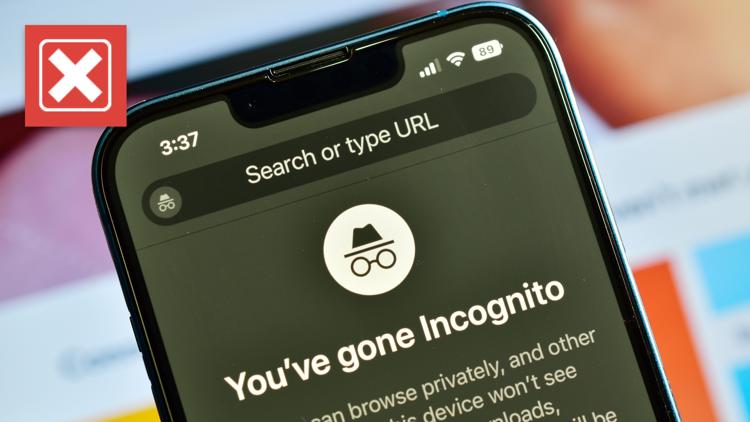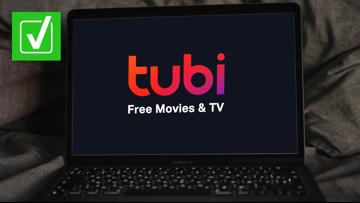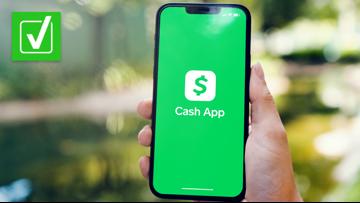Billions of people worldwide use Google’s Chrome web browser every day. One of Chrome’s most popular features is its incognito mode setting.
In incognito mode, none of your browsing history, cookies, site data or information entered in online forms are saved on your device, according to Google. This means your activity doesn’t show up in your Chrome browser history, so other people who also use the device won’t see it, Google says.
In 2020, Google users filed a class action lawsuit against Google, claiming the company misled users into believing that it wouldn’t track their internet activities while using incognito mode.
The lawsuit argued that Google’s advertising technologies and other techniques continued to catalog details of users’ site visits and activities despite their use of supposedly “private” browsing.
VERIFY reader Sunny texted our team to ask if Google users who were affected by the lawsuit would receive compensation.
THE QUESTION
Will users affected by Google's incognito lawsuit settlement be paid?
THE SOURCES
- Brown et al v. Google LLC class action lawsuit settlement documents
- AARP
- Top Class Actions
- Austin Chambers, J.D., a lawyer specializing in data privacy issues at Dorsey & Whitney LLP
THE ANSWER
No, users affected by Google’s incognito lawsuit settlement will not be paid.
WHAT WE FOUND
Google settled the incognito mode class action lawsuit in late December. However, affected users won’t receive monetary compensation.
Instead, the settlement requires Google to delete private browsing data collected from more than 136 million people in the U.S. and make more prominent privacy disclosures about the incognito mode setting when it is activated.
The settlement also imposes other controls designed to limit Google’s collection of personal information, according to the terms of the settlement, which were disclosed in a San Francisco federal court on April 1 after months of negotiations.
Under the settlement terms, Google must change the default incognito settings for all users to block third-party cookies for the next five years, according to AARP.
“In the past, Google deposited such cookies — a term for packets of data — on devices to track users when they patrolled non-Google websites, even in incognito mode,” AARP says.
“The intended result is that Google will not only collect less data from your ‘private’ browsing sessions but also make less money from that data,” AARP added.
The Google users who filed the lawsuit initially sought $5 billion in damages. However, they won’t receive any compensation or any other payments in the settlement, which Google emphasized in a statement to the Associated Press.
“We are pleased to settle this lawsuit, which we always believed was meritless,” Google said, adding that the company is only being required to “delete old personal technical data that was never associated with an individual and was never used for any form of personalization.”
But the settlement does not shield Google from more lawsuits related to the case. That’s because members of the class action will retain their right to file civil suits against Google individually for monetary damages, according to Top Class Actions.
Austin Chambers, a lawyer specializing in data privacy issues at the firm Dorsey & Whitney, described the settlement terms in the case as a “welcome development” that could affect the way personal information is collected online in the future.
“This prevents companies from profiting off of that data, and also requires them to undertake complex and costly data deletion efforts,” Chambers told the Associated Press. “In some cases, this could have a dramatic impact on products built around those datasets.”
The Associated Press contributed to this report.
This story is also available in Spanish / Lee este artículo también en español: No, los usuarios afectados por el acuerdo del modo incógnito de Google no recibirán compensación













